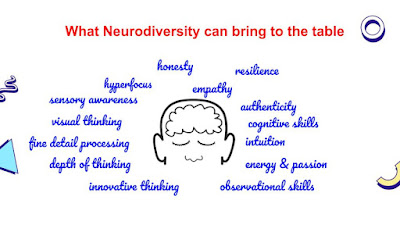The term "feeble-minded" was commonly used in the United States and Europe in the late 19th and early 20th centuries to describe individuals who were perceived to have intellectual disabilities, developmental disabilities, or mental illnesses. The term was intended to be a catch-all phrase for a variety of conditions that were poorly understood at the time, and was often used to refer to people who were deemed socially or morally "undesirable".
The use of the term "feeble-minded" was deeply stigmatizing and contributed to the marginalization and oppression of disabled people. The term was often used to justify forced institutionalization, sterilization, and other forms of eugenic control over disabled people, as well as to deny them basic human rights such as education, employment, and the right to marry.
In the United States, the term "feeble-minded" was used in the landmark 1927 Supreme Court case Buck v. Bell, in which the Court upheld the constitutionality of forced sterilization of individuals deemed "feeble-minded" and "unfit" to reproduce. The decision gave legal justification for the widespread practice of eugenics, which resulted in the forced sterilization of tens of thousands of people in the US and Europe.
The consequences of the use of the term "feeble-minded" were devastating for disabled people and their families. Many were subjected to forced institutionalization, where they suffered from abuse, neglect, and social isolation. Others were sterilized against their will, which had lasting effects on their physical and mental health, as well as their ability to have children.
The term "feeble-minded" fell out of use in the early to mid-twentieth century as medical and psychological professionals began to adopt more standardized and scientific classifications for intellectual disabilities. However, the use of the term persisted in some legal and bureaucratic contexts until the 1970s, when the Rehabilitation Act of 1973 mandated the removal of discriminatory language from federal laws and policies related to individuals with disabilities. Today, the use of terms like "feeble-minded" is generally considered outdated and offensive.















.jpg)

